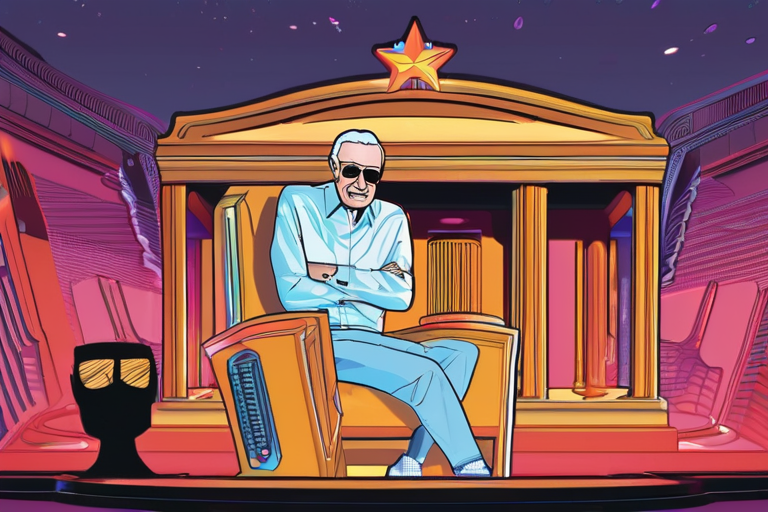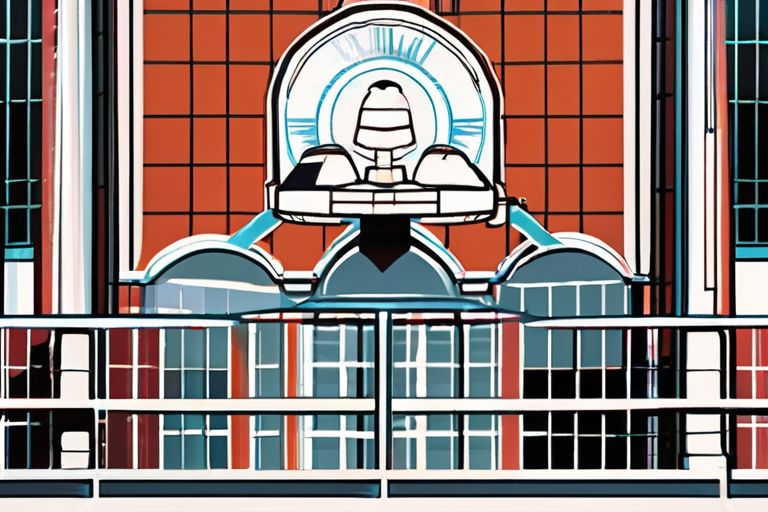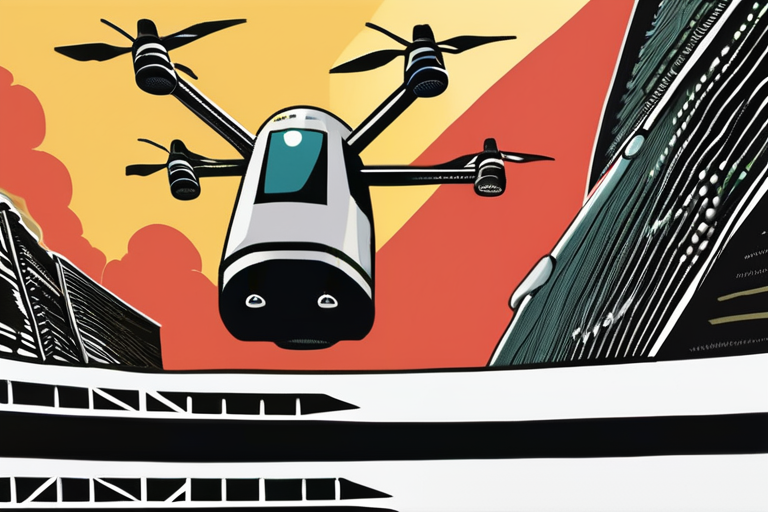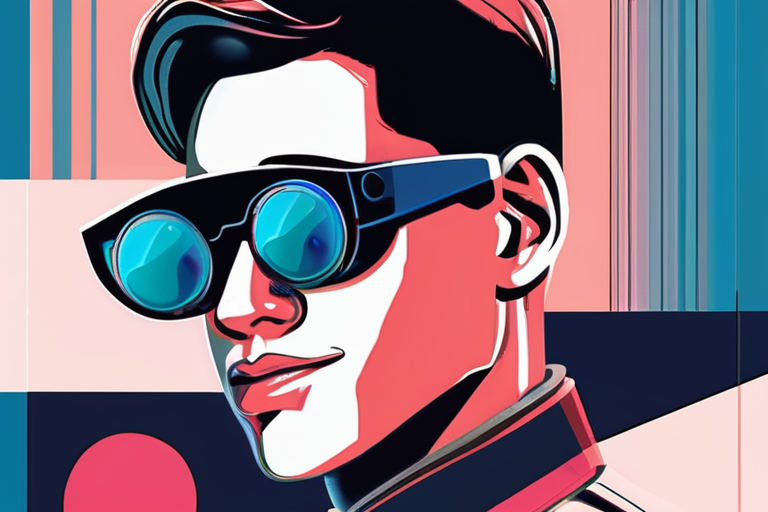LA Comic Con's AI-Powered Stan Lee Hologram Sparks Outrage
In a move that has left many fans and critics alike scratching their heads, the LA Comic Con is set to debut an AI-powered hologram of the late comic book legend Stan Lee this weekend. The life-sized digital avatar will be available for attendees to interact with in an enclosed booth at the show, but its introduction has been met with widespread criticism.
According to Chris DeMoulin, CEO of the parent company behind LA Comic Con, the idea was to create a unique and engaging experience for fans. "We wanted to push the boundaries of what's possible with technology," he said in an interview. "By using AI to bring Stan Lee back to life, we're giving people a chance to connect with him in a way they never thought possible."
However, not everyone is convinced that this is a good idea. Many have taken to social media and online forums to express their outrage, calling the concept "demonic," "incredibly disrespectful," and "so fucked up." The AV Club urged its readers not to pay to see "the anguished digital ghost of a beloved comic book creator, repurposed as a trap for chumps!"
The backlash is not entirely unexpected. With the rapid advancement of AI technology, there are growing concerns about the ethics of using it to create digital replicas of deceased individuals. "This raises questions about the commodification of celebrity and the exploitation of their image," said Dr. Rachel Kim, a media studies expert at UCLA.
LA Comic Con has been hosting the event since 2011, but this year's iteration marks its first foray into AI-powered holograms. The technology is made possible by a partnership with a leading AI development company, which used machine learning algorithms to create a digital model of Stan Lee based on his public appearances and interviews.
The AI-powered hologram will be available for attendees to interact with in an enclosed booth at the show, where fans can pay between $15 to $20 to chat with "Stan" for up to 10 minutes. While some may see this as a unique opportunity to connect with a comic book legend, others are concerned about the implications of using AI to recreate deceased individuals.
As the debate continues, LA Comic Con is standing by its decision to debut the AI-powered hologram. "We believe that this technology has the potential to revolutionize the way we experience entertainment and interact with our favorite celebrities," said DeMoulin.
The LA Comic Con is set to take place at the Los Angeles Convention Center from July 15-17. The AI-powered Stan Lee hologram will be available for attendees to interact with on Saturday, July 16.
Background:
Stan Lee was a comic book legend and former president of Marvel Comics. He passed away in 2018 at the age of 95. His legacy continues to inspire new generations of fans and creators.
Additional Perspectives:
Dr. Kim noted that this trend of using AI to recreate deceased individuals is not unique to LA Comic Con. "We're seeing a growing interest in using AI to create digital replicas of celebrities, which raises questions about ownership, consent, and the ethics of using technology to manipulate public perception."
In response to criticism, DeMoulin emphasized that the AI-powered hologram was created with the utmost respect for Stan Lee's legacy. "We understand that this may not be everyone's cup of tea, but we believe that it has the potential to bring people together and inspire new conversations about the intersection of technology and entertainment."
Current Status:
The LA Comic Con is set to take place as scheduled, with the AI-powered Stan Lee hologram available for attendees to interact with on Saturday, July 16. The event organizers are standing by their decision to debut the hologram, but the controversy surrounding it is unlikely to subside anytime soon.
Next Developments:
As the debate continues, it remains to be seen how this trend of using AI to recreate deceased individuals will unfold in the entertainment industry. Will we see more AI-powered holograms at future comic-cons and other events? Only time will tell.
*Reporting by Arstechnica.*



 Hoppi
Hoppi

 Hoppi
Hoppi

 Hoppi
Hoppi

 Hoppi
Hoppi

 Hoppi
Hoppi

 Hoppi
Hoppi











